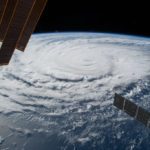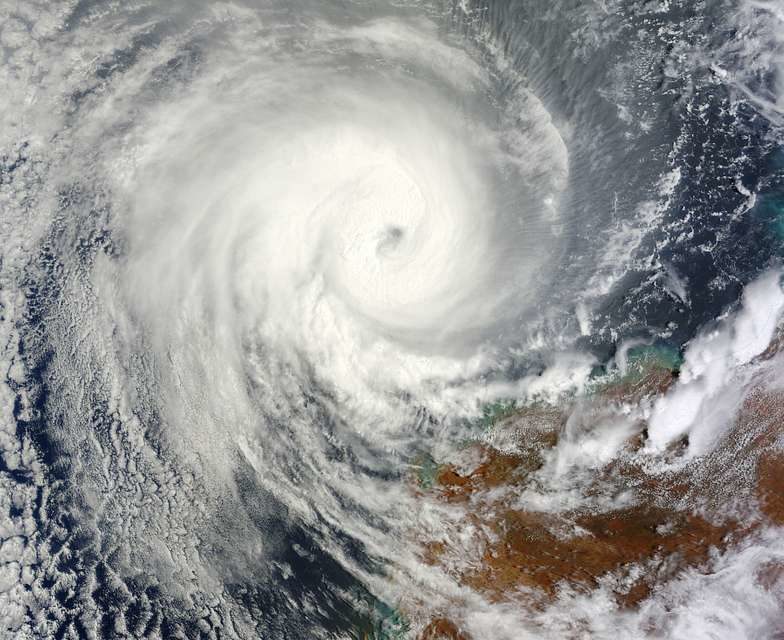 In the wake of Cyclone Gabrielle’s devastating passage across New Zealand’s North Island, severe tropical cyclones continue to rage in regions throughout the southern hemisphere.
In the wake of Cyclone Gabrielle’s devastating passage across New Zealand’s North Island, severe tropical cyclones continue to rage in regions throughout the southern hemisphere.
Eleven people are confirmed dead after Gabrielle’s New Zealand onslaught. At least 2246 people there remain unaccounted for – registered as being uncontactable – according to the NZ Herald. This number is expected to fall.
Australia’s Department of Foreign Affairs and Trade (DFAT) issued an advisory yesterday, reminding travellers that tropical cyclone season runs from November to April every year.
“Cyclones, hurricanes, typhoons and monsoons are serious risks in some destinations,” DFAT warns.
The DFAT advisory continues:
Cyclones can change direction and strength with little warning. They can lead to landslides, mudslides and flash flooding, damaging infrastructure and cutting off communications and transportation. They can also affect access to emergency assistance, medical care, and food and water.
If you’re travelling somewhere that experiences severe weather, be prepared and informed.
How to prepare
Understanding local safety procedures is vital to ensure you stay safe in an area that could be affected by severe weather. Our advice if you’re overseas during the cyclone season:
- Follow media and local sources for weather forecasts.
- Read the travel advice for your destination.
- Subscribe to travel advice and bulletins.
- Share your accommodation and contact details with loved ones.
- Check your travel insurance and make sure it covers claims caused by a cyclone.
You can also bookmark these websites to stay up to date with cyclone forecasts and advice:
Northern hemisphere
- National Hurricane Center (US Government)
- Japan Meteorological Agency (Japanese Government)
- Caribbean Disaster Emergency Management Agency (Intergovernmental)
- India Meteorological Department (Indian Government)
- Joint Typhoon Warning Center (US Government)
- Meteo-France (French Government)
Southern hemisphere
- Australian Bureau of Meteorology (Australian Government)
- The Fiji Meteorological Service (Fiji Government)
- Meteorological Service of New Zealand (MetService)
- Papua New Guinea National Weather Service (PNG Government)
- Meteo-France in French Polynesia (French Government)
What to do if you’re caught in a cyclone while overseas
If you find yourself caught up in a cyclone:
- Track the local news for weather updates.
- Follow the advice and instructions of local authorities at all times.
- Identify your local shelter.
- If you’re on an island, heed all advice to return to the mainland before the boats stop running.
- Carry bottled water, non-perishable food, a basic first aid kit, a battery-operated radio and a torch.
- Get cash from an ATM.
- Carry your travel documents (passport, photo IDs) at all times or secure them in a safe, waterproof location. If you carry them with you, make sure they’re in a waterproof bag or case.
- Contact friends and family with regular updates about your situation.
Read our full advice about what to do if you’re caught in a cyclone.
Flights in and out of affected areas could be delayed or suspended. Contact your airline for the latest flight information. The cyclone may also affect access to seaports in the region.
In some areas, adequate shelter from a severe cyclone may not be available to all who choose to stay.
COVID-19 safety during an emergency
If you need to evacuate to an emergency shelter, follow COVID-19 safety measures where possible. Wear a mask indoors, wash your hands often and/or carry hand sanitiser with you and use it often. Follow the instructions of local authorities and emergency workers.
Where to get help
During catastrophic storms, the ability of consular officials to help you may be limited. Read the Consular Services Charter for what the Australian Government can and can’t do to help you overseas.
Depending on what you need, your best option may be to contact your family, friends, travel agent, travel insurance provider, employer or airline. Your travel insurer should have a 24-hour emergency number.
Australian Government
Contact your nearest Australian Embassy, High Commission or Consulate. If you’re unable to contact one in a consular emergency, you can contact the 24-hour Consular Emergency Centre on:
- +61 2 6261 3305 from overseas
- 1300 555 135 within Australia.
How to stay up to date
Subscribe to get an email when we update the travel advice for your destination and add your mobile number to get critical alerts.
Follow us on Facebook and Twitter.
Read more:
- Read about what to do during a severe weather incident
- Visit the Global Disaster Alert and Coordination System
Edited by: Peter Needham
















